Opposition Says Bill on Seeds Harmful
ZAGREB, 24 March, 2021 - Opposition deputies, notably those form the Bridge party, said on Wednesday that the bill on seeds and seed materials was harmful and that it would impose new costs, asking that the agriculture minister address the parliament with regard to the bill.
Bridge MP Miro Bulj called on members of the parliamentary majority not to support the bill, describing it as harmful.
"Instead of protecting our own seeds, we are imposing on hundreds of thousands of people who live in rural areas new costs related to seed processing. Who will be able to pay for that?" Bulj asked.
Bridge MP Marija Selak Raspudić said the bill declared war on small producers.
Social Democrat Domagoj Hajduković, too, criticised the obligation to process seeds to be planted on own fields, saying that it would cause new costs for producers.
The opposition also demanded an answer as to the reason for the introduction of a new category, farm seeds, which, they said, did not exist in the EU.
Other countries are not familiar with that term, said Anka Mrak Taritaš of GLAS.
We are introducing new terms and increasing costs for our farmers even though no one is asking us to do so, said Ružica Vukovac of the Homeland Movement.
The State Secretary at the Agriculture Ministry, Tugomir Majdak, dismissed the criticism, noting that small producers, hobbysts, gardeners and organic farmers would be exempt from the obligation to process seeds.
"The term farm seed is being introduced and that seed will have to be processed by registered suppliers to ensure minimum possible presence of harmful organisms," he told MPs.
Seed and the seed material are strategic products which must be available, safe and of good quality. The bill is aimed at regulating production, trade in and import of farming production materials, he said, noting that the bill does not restrict the use of autochthonous seeds for one's own noncommercial needs.
Specifically, in the case of seed exchange at fairs, production on small farms, seed exchange between individuals and groups, there will be no restrictions, certification or control of such seeds, he said.
For more about politics in Croatia, follow TCN's dedicated page.
Varazdin Cabbage Queen on Most Innovative Woman in EU Agriculture Shortlist
February 12, 2021 – Marija Cafuk, who successfully lead the campaign to have Varazdin cabbage protected by the EU, has been shortlisted for the award of Most Innovative Woman in European Agriculture. She used the opportunity to voice her concerns for Croatia's small producers under proposed new changes in the laws on seeds
Inexpensive and packed with nutrients and vitamins C + K, the humble cabbage is a staple part of the Croatian diet. One of its most famous varieties is Varazdin cabbage (Varaždinsko zelje), which is protected at a European level as distinct in coming from its point of origin.
Varazdin cabbage's successful entry into European protection is in no way thanks to the efforts of Varazdin resident Marija Cafuk, who is the custodian of Varazdin cabbage seeds and the only person in Croatia who is licensed to sell them. For her efforts, she has now been shortlisted by the European Association of Agricultural Producers Copa Cogeca for the award of Most Innovative Woman in European agriculture.
According to Copa Cogeca, the award aims to highlight the contribution that women make to rural development and the development of new models of food production in the context of climate change and environmental protection.
“Of course, I was pleasantly surprised by the nomination, which I think is a recognition of the long struggle to preserve our Varazdin cabbage seeds in conditions when we lost the last companies that were engaged in seed production and (had to) depend on imports,” Mrs. Cafuk told journalist Zlatko Simic in a recent interview with Jutarnji List. “You know how many conditions we had to meet in order for our seeds to be on the variety list! Let the EU see that there are people in our country who want to preserve their indigenous varieties for future generations.”
The latter part of her comment to the journalist refers to the proposed changes in seed registration laws that are looming on the horizon at both a national and an EU level. Small producers and family farms in Croatia are concerned about the loss of traditional seed varieties and their abilities to grow from them under the conditions of the changes in legislation.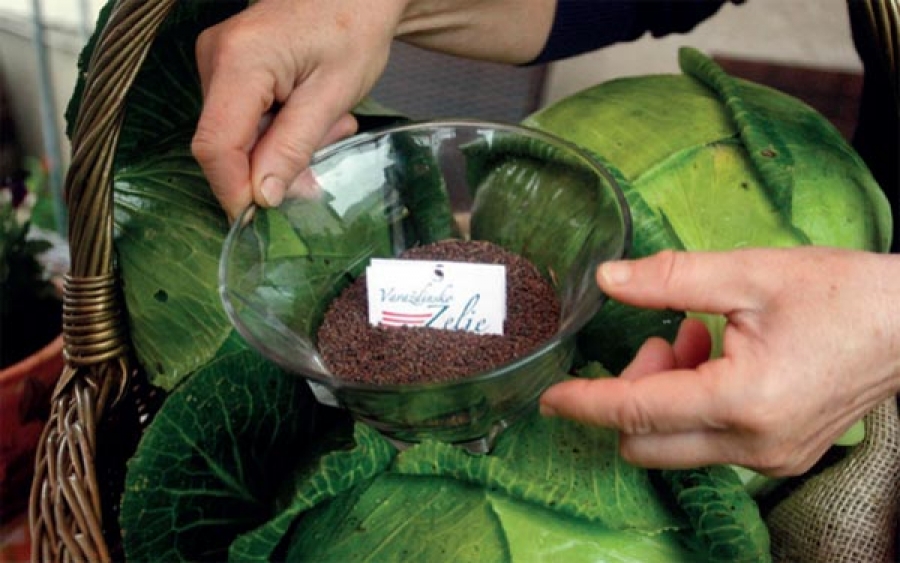 Varazdin cabbage (Varaždinsko zelje) and its seeds © Varazdin County Tourist Board
Varazdin cabbage (Varaždinsko zelje) and its seeds © Varazdin County Tourist Board
“The problem is not only in paying the large costs we have in controlling the sowing of our certified seeds,” Mrs. Cafuk told the journalist, expanding on the matter of the changing seed laws, “but also in increasing the costs we may have if we had to deliver all the seeds we produce for processing, as (will be) required by law.”
Mrs. Cafuk told the journalist she hopes that the ongoing and popular protests and petitions of associations that keep domestic seeds will lead to a positive outcome in regards to the proposed national changes. Of course, she was speaking on behalf of seed custodians and small producers all over Croatia. Having attained its European protection already, Varazdin cabbage and Mrs Cafuk's enterprises are already safe.
Varazdin cabbage is one of two kinds of Croatian cabbage protected by the EU
There are in fact two types of Croatian cabbage protected at the European level – Varazdin cabbage and cabbage from Ogulin. But, whereas Varazdin cabbage is protected in its raw, unprocessed form, the cabbage from Ogulin is protected as a product after its fermentation (it is made into what is sometimes called sauerkraut).
In 2015, when the application was made to European authorities to protect Varazdin cabbage, a notice of opposition was lodged from nearby Slovenia. Slovenia had added new cabbage varieties to its national variety register in 2012 under the names ‘Varazdinsko 2’ and ‘Varazdinsko 3'. Varazdin is a centuries-old town in northern Croatia.
The notice of opposition was discounted. The EU office responsible for protecting new varieties did not consider Varazdinsko 2 and Varazdinsko 3 to be appropriate names, as they suggested a link to a geographical area with which they had no direct connection and to that extent were confusing to consumers. With this impasse of international cabbage recognition finally overcome, Varazdin cabbage was granted its European protection.
Globalisation Threatens Croatia's Produce and Cuisine Via New Seed Laws
January 15, 2021 – The EU is being backed into a corner by the giants of globalised agriculture. Pre-empting a change in EU-farming directives, a new bill before the Croatian parliament seeks to regulate seed use for the country's farmers, putting at risk Croatia's distinct, regional produce and the country's famous cuisine. TCN interviews one of those leading the fight for Croatia's produce and cuisine.
Question: When is a tomato not a tomato? Answer: When it is a Croatian tomato.
Confused? Well, if you're from Croatia and never much left the country or region, you might be. But, if you're from western Europe or America and you've enjoyed a visit to Croatia, you'll know exactly what this means. As will any Croats who have emigrated to supposedly more 'developed' parts of the world. Food just doesn't taste the same in those places.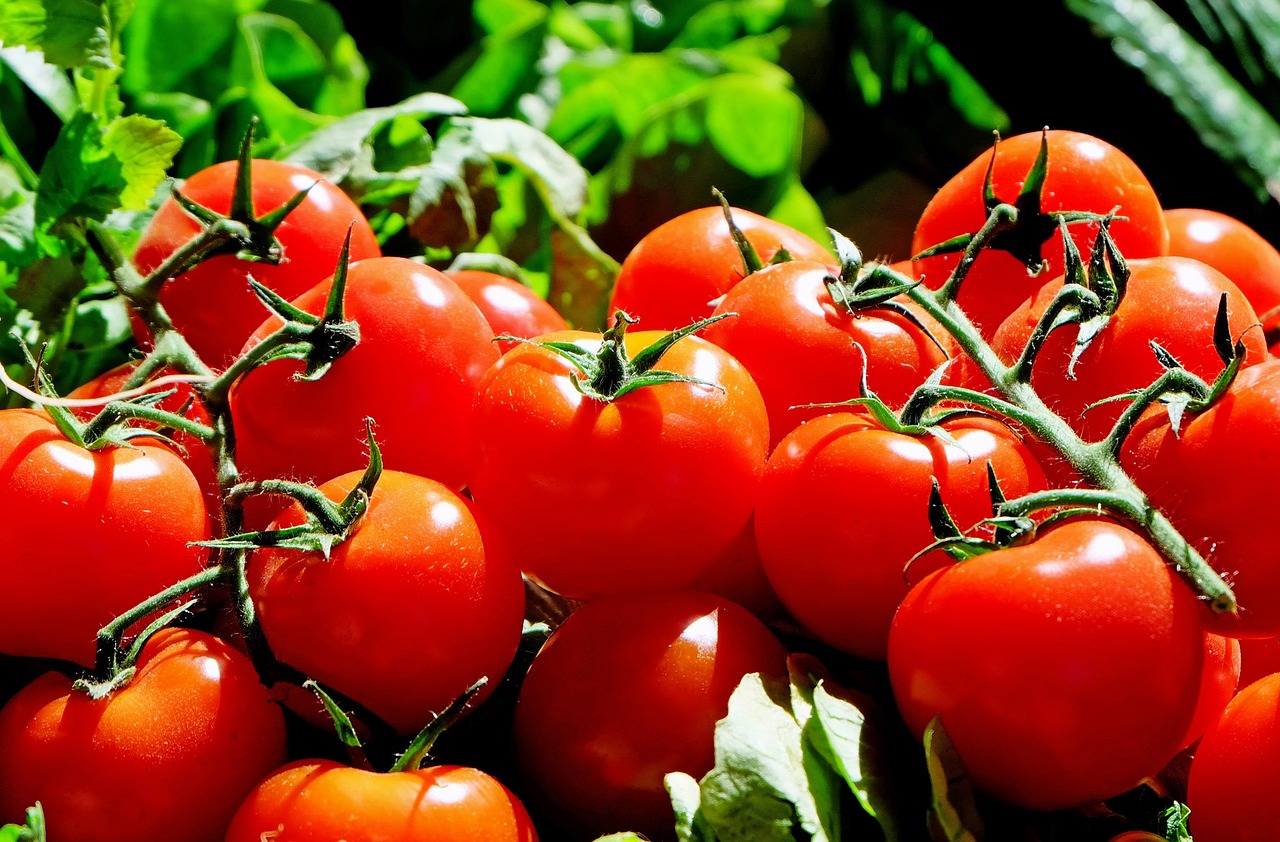 The efforts of small-scale producers, family afrmers and those preserving distinct, traditional crops help give Croatia's produce and cuisine its unique reputation and flavour
The efforts of small-scale producers, family afrmers and those preserving distinct, traditional crops help give Croatia's produce and cuisine its unique reputation and flavour
As TCN touched on in our recent feature about food prices in Croatia (and its impact on health), in the supermarkets of western Europe and in America, everything is available, all of the time. People live in a globalised marketplace where seasonal availability is meaningless when your country and its giant supermarket brands have the power to export from anywhere. But, though everything is always available in these supermarkets, not everything on display is what it seems to be.
In Dalmatia, they like to pride themselves on a generally very simple approach to cooking. Good olive oil, salt, maybe a dash of fresh lemon, garlic and parsley is all you need to make a meal sing. And the surprised, delighted faces of their customers tell them they are right. But, that's far from the full story. It is not the simple approach to seasoning, spicing and condiments alone that brings Dalmatian cuisine to life, it is the base ingredients themselves.
The blitva (chard) stewed in potato, that so easy yet unreproducible shredded cabbage salad, and the similarly simple tomato salad are spectacular to visitors because their main ingredients sing. They sing in way that vegetables bought in supermarkets in western Europe and America do not. They do so because, in Croatia, you can easily choose to eat locally grown, seasonal vegetables and fruits. And these taste a whole lot better than the industrially farmed products that line the shelves in other regions. That's why, in Croatia, a tomato still tastes like a tomato. Whereas a tomato from a supermarket elsewhere tastes like... nothing.
Countless unclassified regional varieties of vegetables and fruits, often grown by small-scale producers or on family farms (OPGs) help give Croatia's produce and cuisine this incredible reputation among visitors. But, as the multi-billion dollar, globalised industry of farming-without-season extends its grip around the world, it is the rights of these distinct farmers which is most at threat.
The European Union is attempting to change its laws and directives for the regulation of seed use within all member states. Pressured by the enormous powers of the global agricultural industry, and partially in an attempt to protect its farmers, it wishes to adopt new laws or regulations to replace extremely outdated earlier versions. Pre-empting this change, a law has been put before the Croatian parliament which seeks to regulate seed use in Croatia. It's a rather complicated piece of legislation and is currently only at the stage of proposal.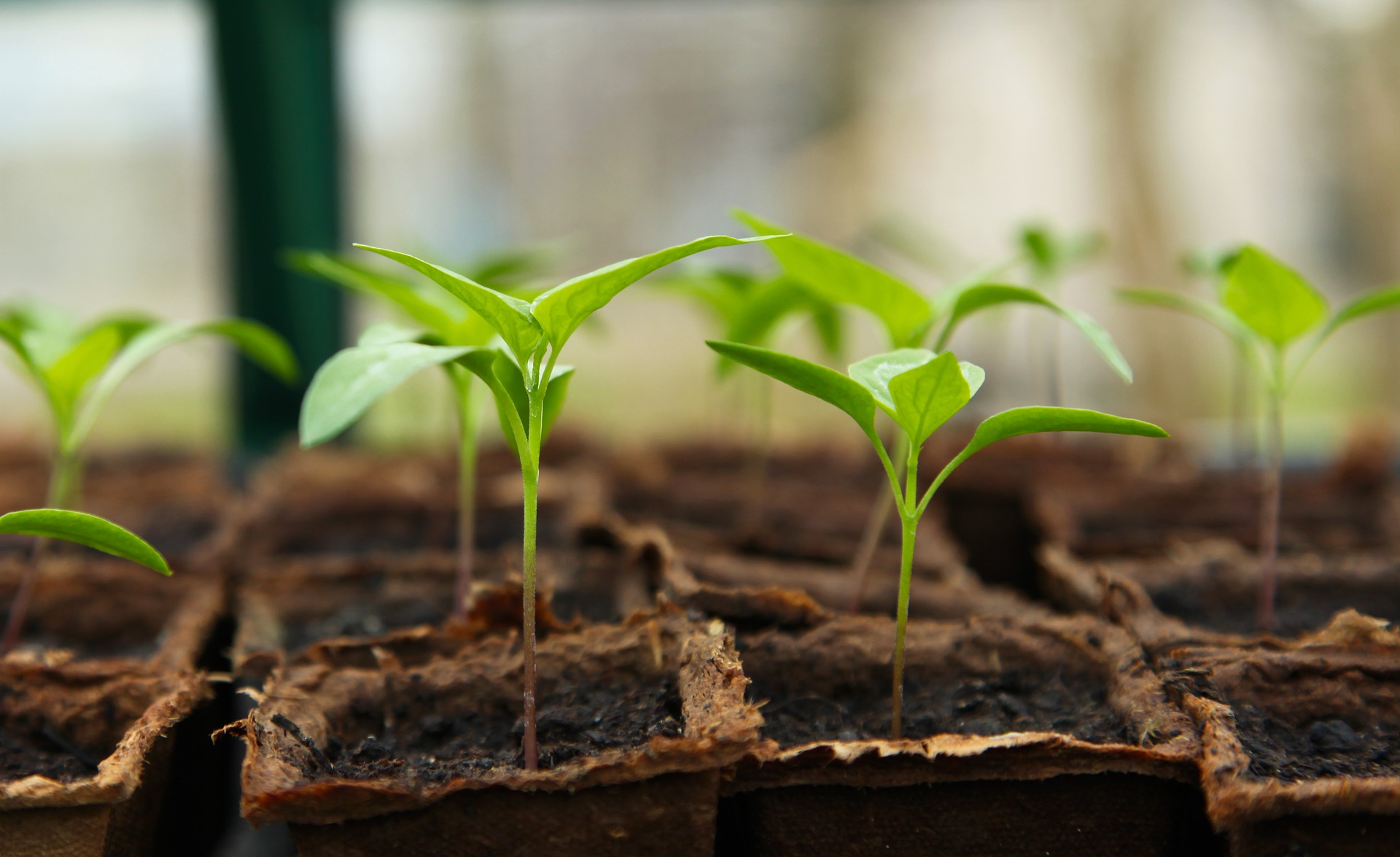 Changes to the laws of seed registration at a national and EU level, partly in response to the demands of the globalised agricultural industry, threaten Croatia's produce and cuisine
Changes to the laws of seed registration at a national and EU level, partly in response to the demands of the globalised agricultural industry, threaten Croatia's produce and cuisine
Monitoring the proposed changes are an army of environmental activists, small-scale producers, family farmers, gardeners and concerned citizens. Spearheaded by three organisations – The Croatian Organic Farmers Association, Life - an organisation of small scale farmers, and Bio-Garden, an organisation made up of gardeners and seed savers - a petition has this week been put before the Croatian parliament objecting to several elements of the proposed new legislation. Earning the support of some 77 Croatian organisations, including farming groups, cattle breeders, plant growers, a network of environmental organisations, permaculture initiatives, gardeners' organisations and even the Chamber of Agriculture, which includes all the farmers inside Croatia, the petitioning of parliament has galvanised many different people in its objection. They say that the proposed new legislation will remove the rights and freedoms of small scale producers and family farms to use their own seeds. This will radically affect Croatia's produce and cuisine.
It is doubtless that there is a worldwide trend, pushing everyone who grows towards buying seeds from globalised agricultural giants. And so, while the response from a broad group of those immediately concerned is impressive enough, awareness of the issue needs to extend much further. It should include every Dalmatian tavern owner and chef who delights a foreign visitor. It should include every single person in Croatia who buys food from a public marketplace. It should include everyone who takes pride in home cooking. It should include the entire tourism industry of Croatia and every visitor to Croatia who has ever enjoyed the food here. Because it is the very distinctive, authentic and traditional nature of Croatia's produce and cuisine that is at stake. Croatia is at real risk of losing the flavour of its food.
“Let me start 10, 000 years ago, when agriculture first started. That's when people learned how to save seeds,” explains Sunčana Pešak, a graduate of Zagreb University's Agriculture Faculty and a member of the three combined groups objecting to the proposed new law. “What these people learned was to save the seeds only from the best part of the harvest. That's what they would use to grow the next season. That's how farming always was. And, it's the way that we got all of the genetic diversity of all the grown foods we eat.”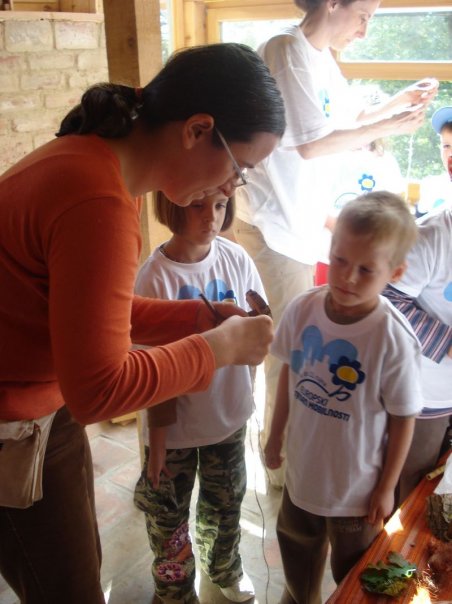 Sunčana Pešak, a graduate of Zagreb University's Agriculture Faculty and a member of the three combined groups defending Croatia's produce and cuisine by objecting to the proposed new seed law
Sunčana Pešak, a graduate of Zagreb University's Agriculture Faculty and a member of the three combined groups defending Croatia's produce and cuisine by objecting to the proposed new seed law
That way of saving seeds still exists. It's what all gardeners and small-scale farmers use. But, now there is something new – industrial farming. They have a different way of saving seeds. This involves a scientific approach to breeding and an industrial approach to growing and harvesting. This is problematic because only around 10 companies in the whole world own the rights to the scientifically manufactured seeds used on this scale of farming. They own the patent rights to the seeds they have created. And, they always want their profits from their seeds being used. These companies are the same ones who produce the chemicals used in industrial farming. They control most of the seed market all over the world.”
The current problems facing small-scale producers and family farmers, brought to a head by the proposed new law in Croatia, essentially come from a clash between industrial-level seed breeders, who control the global market and who demand royalties on their patented seeds, and farmers who just want to grow.
“The term 'Seed variety' itself is a commercial term,” explains Sunčana. “This is something that can be described and catalogued as distinct. All of the plants and their fruits needs to look the same to be identified as this variety. In this way, it can be marketed. But, for people who grow from their own indigenous seeds, in their own traditional ways, their crop is much more diverse.”
“For example, in Croatia, before seed breeding started, people just grew from their own seeds. They would exchange seeds among themselves and eventually each village had its own unique varieties of crops. You could go 20 minutes down the road and the carrots that were grown in the next village were completely different to the ones you grow in your own. Some of the carrots were big, some small, some looked weird, some took on a white colour because they mixed with the wild-growing varieties. Also, as a small producer, you might employ the use of a combination of seed. You plant it and when it grows you get completely different kinds of plants. People might have a winter mix and a summer mix. It ensures diversity in growing and in the diet. Even with grains, by planting a mixture you might ensure a harvest is more resistant to a pest or a weather intervention. One element of the proposed new law would prevent those kinds of mixtures being planted and we would lose completely the initiative and experience of farmers who do so.”
“They proposed new seed law seeks to regulate everything. The demands asked of small scale farmers under it are the same one asked of industrial-scale farmers – they are all placed on the same footing. If you want to use a seed of your own, you have to register those traditional varieties in a system that is currently undefined. Why? Just let people grow. It is their right.”
The groups objecting to the proposed new law in Croatia have found some allies in their fight. Small scale producers and the owners of family farms around the world have been battling against the monopolisation of the farming industry by a handful of globalised giants for many years. They are organised and have teams of lawyers working on their behalf. They have lent support to Croatia's collective of objectors in their fight, helping to point out that the new proposed law goes against the rights not only of EU citizens but against global human rights. "States shall recognize the rights of peasants to rely either on their own seeds or on other locally available seeds of their choice, and to decide on the crops and species that they wish to grow." says the United Nations Declaration on the Rights of Peasants and Other People Working in Rural Areas.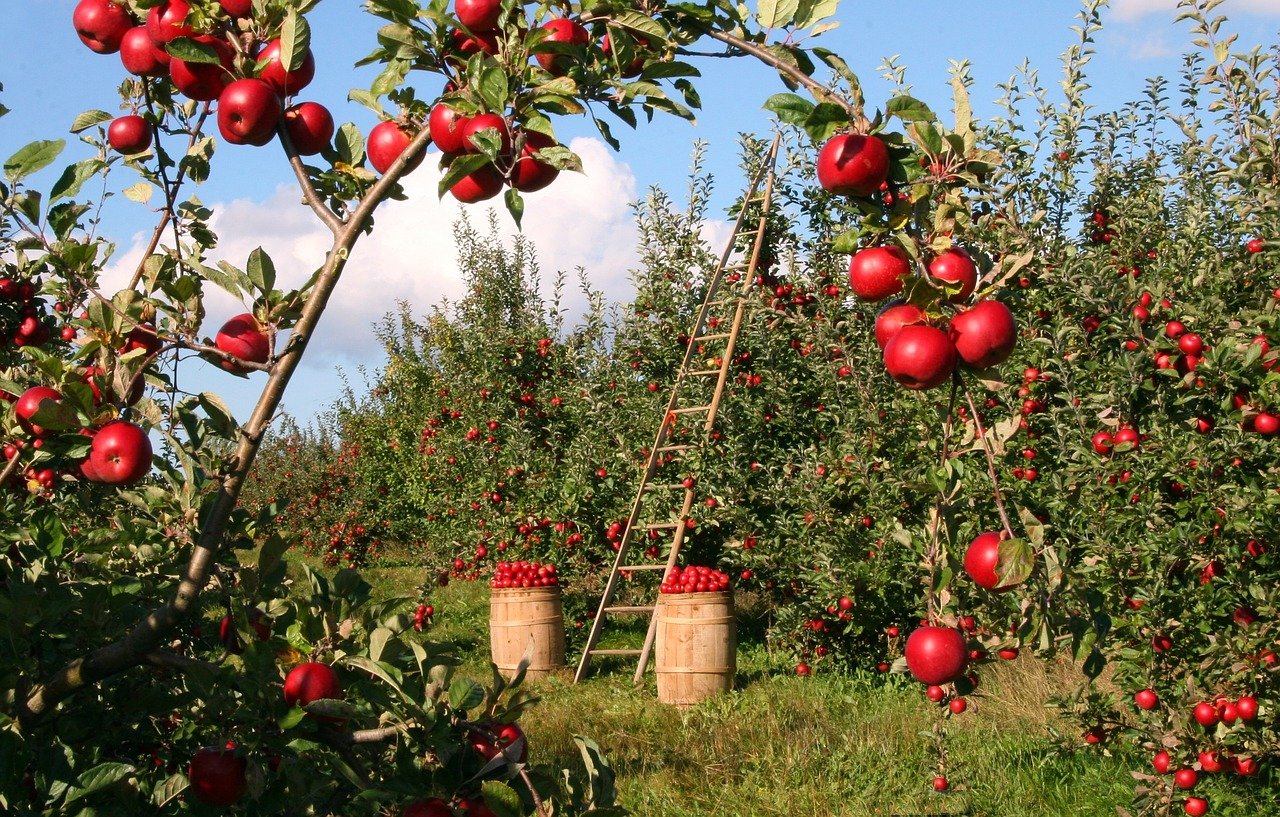 Traditional farming and time-honoured seed varieties help make Croatia's produce and cuisine unique in Europe. Croatia currently stands strong against the pressure from globalised agriculture to accept GMO produce. Can it stand as strong against its demands for new registrations of seeds?
Traditional farming and time-honoured seed varieties help make Croatia's produce and cuisine unique in Europe. Croatia currently stands strong against the pressure from globalised agriculture to accept GMO produce. Can it stand as strong against its demands for new registrations of seeds?
“The risk is huge,” says Sunčana, when asked what might happen to Croatia's produce and cuisine if the proposed new law passes without objection. “In just the last 100 years we lost 75% of our genetic biodiversity. That happened quite simply because people started buying seeds instead of saving them and then growing their own. All of the seeds that are now grown are quite alike. They take varieties that are proven to be the best, to grow to a maximum yield, to be resistant to pests and weather and which can grow successfully in all the different climates of the world. These are varieties that are standardised, well suited to industrial farming – they all ripen at exactly the same time, assisting mechanised harvesting. But, that logic does not always suit small scale farms, where you might need to grow from seeds whose plants reach maturity over an extended period. This gives you many weeks of opportunity to harvest and to sell on different market days.”
But, it isn't just a loss to the convenience of family farmers that would be enforced by the new law. Nor it is solely a matter of losing the tastes of traditional varieties of vegetables and fruits within Croatia's produce and cuisine. The loss to our collective health from this massive reduction in the variety of genetic biodiversity in our diet is currently unknown. Future effects could be catastrophic. Not only that, we could rapidly be losing crop varieties that might better adapt to the new conditions that will be imminently brought about by climate change.
“People with small farms already have enough trouble dealing with bureaucracy and administration. There's no way that all of Croatia's growers will go through the timely ordeal of registering every seed we have,” explains Sunčana, detailing another stipulation that lies within the proposed new change of law. If growers don't wish to register their own distinct varieties - which may have been preserved within their families or communities for generations, they always have the option of going to the National seed bank and taking from there, seeds that have already been registered. Unfortunately, only 27 such seeds exist within Croatia. And the seed bank can only supply such a small amount that it may take a small scale farm several years to build up the supply they need for their business.
The proposed new change of law in Croatia is extremely complicated, as will be the procedures and demands on growers if it passes. The change in seed regulation at an EU level could be similarly restrictive to non-industrial farmers and growers. But, though it is the Croatian government – and then the lawmakers of the EU – who will be addressed by the objections of farmers, growers, gardeners and biodiversity organisations, it is ultimately the profits of a small cabal of globalised and increasingly industrial agricultural/chemical giants which lie at the heart of the demand for change. They are a force of near incomparable strength.
On the surface, the issue of seed regulation might appear to really matter only to those who have a small to medium-sized business growing tomatoes or similar. But, the reality is that this issue concerns us all - everyone who puts a tomato on their fork, on their children's plate or on the table of an overseas visitor who will never forget the distinct flavour of Croatian food. It is the flavour of the future, and the reputation of Croatia's produce and cuisine, for which the fight is currently being made.
JYSK Holds Action to Plant 10,000 Seeds on Medvednica
As Poslovni Dnevnik writes on the 15th of April, 2019, this past weekend, as part of a socially responsible project, the popular JYSK retail chain held a voluntary action to plant 10,000 European beech seedlings in two zones in the Medvednica Nature Park in Sljeme, above Zagreb, which have been most adversely affected by the weather's elements over last few years.
"We got together on Sljeme so that JYSK's volunteers, together with citizens, planted 10,000 beech seedlings donated by JYSK as part of our action. We're renewing the area in two zones of the Medvednica Nature Park, which died a couple of years ago after stormy weather.
''In addition to helping financially as a company through such projects, we want to help and in a different way to keep track of nature for the next generation,'' said Vesna Kukić Lončarić for JYSK Slovenia, Croatia, Bosnia and Herzegovina and Serbia.
The project was realised in cooperation with Croatian forests (Hrvatske šume), and the afforestation was carried out in the area around PD Risnjak within the Medvednica Nature Park. Despite the unfavourable weather conditions and even some snow, the afforestation action was supported by numerous citizens interested in the conservation of the environment who planted as many as 10,000 seedlings in the aforementioned locations. Among them was the famous Croatian singer Mirela Priselac Remi.
"We welcome JYSK's initiative and we'd like to thank them for their activities as part of their socially responsible business towards the forests. Such actions contribute to raising awareness among all citizens of the need for forest conservation and they are endangered by climate change and the irresponsible behaviour of individuals,'' she stated.
''Without the forests, there's no clean air nor is there any clean water, and such young and healthy forests as are sprouting here are our best allies in alleviating the consequences of climate change. There are multiple uses of forests, and only with responsible management can we manage to preserve them,'' said Damir Miškulin from Croatian forests.
For this project, JYSK collected funds from the sale of 50 percent of recycled plastic bags during the first three months of this year, which were donated for the purchase of seedlings for the purpose of afforestation. JYSK's objective is to raise public awareness of the importance of our forests and their development with a positive example, and continue to implement such projects throughout the year and throughout the whole of the Republic of Croatia.
Make sure to follow our dedicated lifestyle page for much more. If it's just the Croatian capital you're interested in, give Total Zagreb a follow, or check out Zagreb in a Page. Care about the environment? Follow Total Eco Croatia.
Want to see how Croatia works to protect its environment? Click here.


